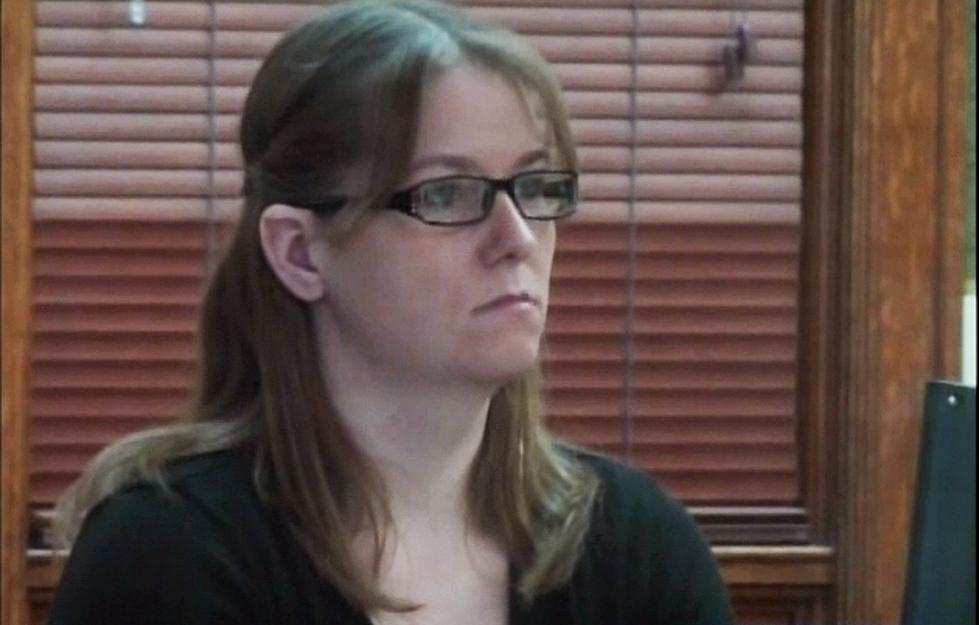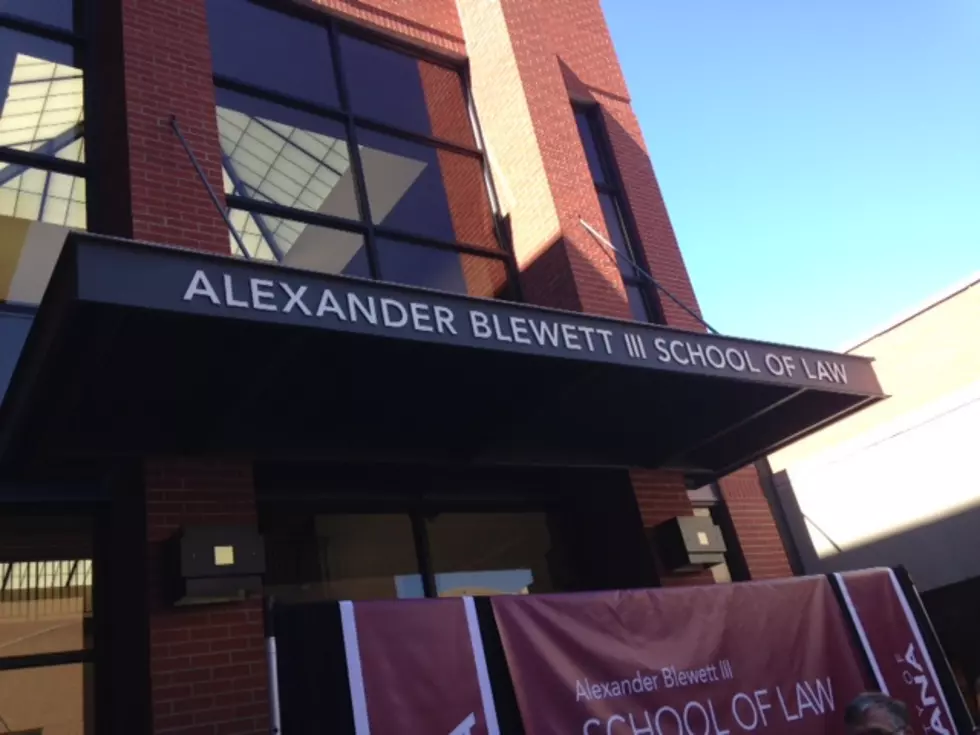
Law School Hosts Innocence Project; Panel on Mass Incarceration
In recognition of ‘Juneteenth’ Montana’s Black Law Students Association and the Montana Innocence Project hosted a virtual panel on Thursday evening featuring several individuals who spoke about ‘how mass incarceration is a form of modern-day slavery’.
Moderating the panel was Alicia Miles, director of admissions at the University of Montana Alexander Blewett III School of Law.
The panel included Courtney Smith, the Montana Racial Equity Project’s criminal justice initiative lead; Akilah Lane, a civil rights staff attorney with the American Civil Liberties Union of Montana; and S.K. Rossi, the founder of Central House Strategies and former director of advocacy and policy at the ACLU of Montana.
Miles opened the forum with a presentation that included the following statement:
“America incarcerates more people than any other country in the world,” said Miles. “Further, the incarceration rate of black people is more than five times higher than the incarceration rate of white people. Considering these numbers and the facts laid out in the documentary ‘13’, how is mass incarceration a form of modern day slavery? And in what ways does the criminal legal system today perpetuate the intentions of slavery?
Smith added comments about laws passed in the early part of American history.
“As early as the 1660s, there were laws on the books, the first of which were anti miscegenation laws that prohibited people from two different races for marrying each other that were used to punish black people,” said Smith. “And before we kind of had this mass explosion of an incarceration institution through jails and prisons, the most likely punishment for the breaking of these laws was death. And if it wasn't death, it was severe physical abuse.”
Smith also added this comment:
“Most of the punishment during the slave patrol era was just going back to your enslavement,” she said. “It wasn't necessarily death and that is because the purpose of slavery was the commoditization of black people was to use slaves for profit to benefit the power and wealth of white people, especially white people in government.”
Lane then spoke of the incarceration of indigenous youth.
“Indigenous youth have disproportionate police contact with law enforcement greater than any other minority group and they experience the highest disparity,” said Lane. “So they lost nearly six times the amount of instruction as white students and were arrested more than seven times as often as white students. So we see in their treatment right there that's evidence of even though they're doing the same exact treatment because they're brown people, we already are associating them as criminals and we're already pushing them into contact with the criminal legal system.”
Lane also brought up Montana Attorney General Austin Knudsen’s binding opinion that Critical Race Theory not be taught in Montana’s public schools.
“Knudsen’s move to make it illegal to teach critical race theory? It's crazy,” she said. “We're like, hey, let's have this national holiday even though around the nation everyone's like, let's not actually teach anything about this national holiday. So in order for anything like this to have any meaning, there has to be continued education around it, there has to be more than just like we get a day off of work. Okay, and that's great. We should have had that for a long time. Let's do a lot more. Let's make it meaningful. Let's make it have teeth.”
A press release stated ‘The panel will discuss how mass incarceration is a form of modern-day slavery, how the criminal legal system promotes mass incarceration today, how society has come to associate BIPOC (Black, Indigenous and people of color) with criminality and how mass incarceration persists in Montana.’
The panel recommended that everyone interested in the topic view the documentary ‘13’.
KGVO News will provide a link to the ZOOM presentation as soon as it is made available by The Innocence Project, so that our website's viewers can see the entire event.
LOOK: 50 essential civil rights speeches
More From Newstalk KGVO 1290 AM & 98.3 FM






![UM Celebrates Law School Renaming With Friday Ceremony [YouTube]](http://townsquare.media/site/119/files/2015/09/UM-Law-School-2.jpg?w=980&q=75)

